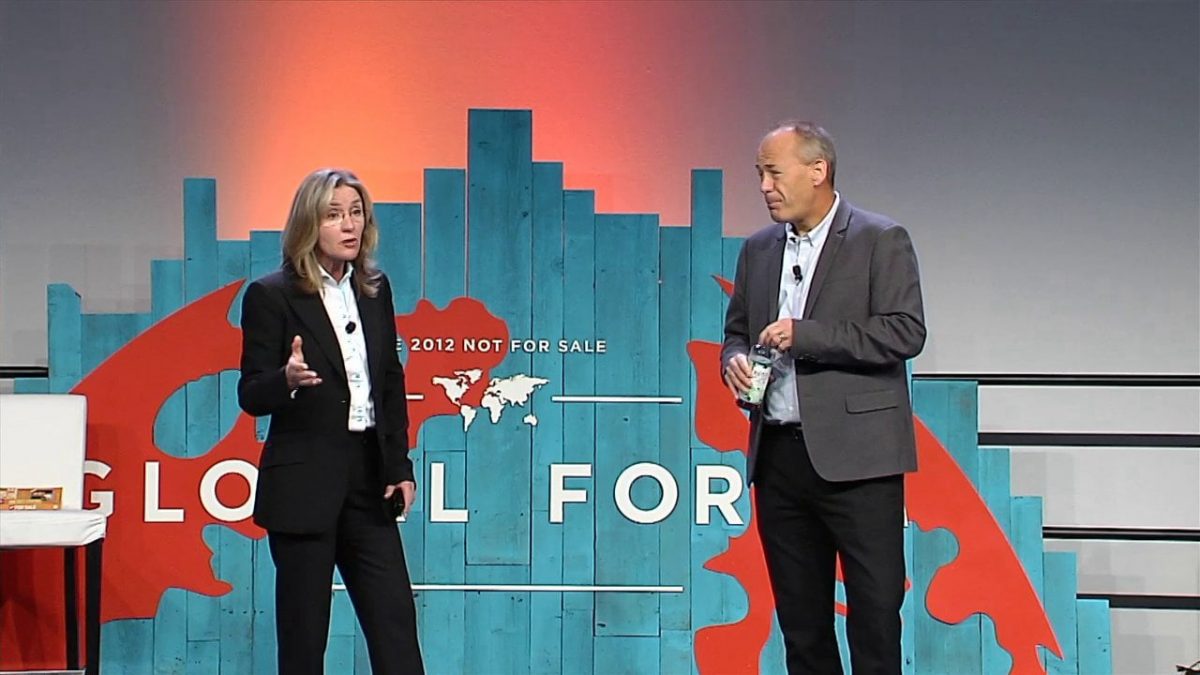We are delighted to announce that Seidenberg student Shaki Kar (MS in Information Systems ‘19) has earned a position in the 2017 Foreign Affairs IT (FAIT) Fellowship program. Shaki is one of only two graduate students throughout the U.S. who were awarded the Fellowship.
The program is operated by The Washington Center for Academic Internships and is funded by the U.S. Department of State.
“I’m highly excited about receiving the fellowship because I look forward to serving my country by enhancing computer and communications systems security, and ensuring transparent, interconnected diplomacy, while incorporating new technologies for the advancement of U.S. foreign policy,” said Shaki.
In a letter to Pace University President Marvin Krislov, The Washington Center’s President Christopher Norton said “the Fellowship is designed to attract outstanding individuals from all ethnic, racial and social backgrounds who have an interest in pursuing a Foreign Service career in IT with the U.S. Department of State.”
The application process was tough. “After a very competitive application, interview and clearance process,” Mr. Norton said, “we are very pleased that Shaki Kar has been selected into the inaugural class of the FAIT 2017 Fellowship program.”
As a result of achieving the Fellowship, Shaki will spend summer 2018 interning in Washington DC and will go abroad the following year. Once he has completed these internships (and his degree at Pace University!) he will enter an appointment as a Foreign Service Information Management Specialist (IMS) for five years.
 “Information Management Specialists serve their country by maintaining secure, reliable IT tools and resources to ensure that Foreign Service Officers, federal agencies and non-government partners can promote diplomacy while serving overseas,” Shaki explained. “Information Management Specialists gain experiences that few other IT professions offer, including the reward of living in a foreign country while experiencing different cultures and helping to protect U.S. interests abroad.”
“Information Management Specialists serve their country by maintaining secure, reliable IT tools and resources to ensure that Foreign Service Officers, federal agencies and non-government partners can promote diplomacy while serving overseas,” Shaki explained. “Information Management Specialists gain experiences that few other IT professions offer, including the reward of living in a foreign country while experiencing different cultures and helping to protect U.S. interests abroad.”
“This is a very exciting opportunity for Shaki,” wrote Mr. Norton, “and we know your university must be very proud.”
Yes, yes we are!
Shaki chose to complete his master’s degree at Pace University’s Seidenberg School because “I wanted to find a flexible technology program where I would be able to combine my policy experience with hands-on technical learning, technical application, and technical knowledge. I felt that the Seidenberg School offers all the above.”
He added: “I also look forward to meeting Pace President Krislov in the future.”
“The experiences and opportunities that entail from a Fellowship like this are potentially career and life-altering,” said Seidenberg School Dean Jonathan Hill. “We are thrilled for Shaki and very much look forward to supporting him in his studies and seeing where this exciting journey takes him.”
The Washington Center will soon be taking applications for next year’s cohort of FAIT Fellows. If you are interested in applying, check back on the Fellowship website for updates.
A huge congratulations to Shaki! We can’t wait to hear all about your wonderful experiences on this Fellowship!




 I had been invited to dinner with a friend in Bermuda and met a young couple who were on holiday. The guy was in a startup and was friends with the CEO of iPhotonix. When the CEO was looking for a new board member, he reached out to me. I joined the board and, when the chairman left (his company was acquired and there was a conflict of interest), the shareholders asked me to be chairwoman. I did say no for about an hour and then they congratulated me! Case closed.
I had been invited to dinner with a friend in Bermuda and met a young couple who were on holiday. The guy was in a startup and was friends with the CEO of iPhotonix. When the CEO was looking for a new board member, he reached out to me. I joined the board and, when the chairman left (his company was acquired and there was a conflict of interest), the shareholders asked me to be chairwoman. I did say no for about an hour and then they congratulated me! Case closed. I started taking steps to change my behavior. Here’s an example: men talk to each other about sports, so I learned to play golf so I could have a conversation with them. I ended up loving golf so much I didn’t allow business on the golf course! And the men enjoyed playing with me so much it normalized our relationships. That allowed me to be seen as a person, rather than a woman who they couldn’t relate to.
I started taking steps to change my behavior. Here’s an example: men talk to each other about sports, so I learned to play golf so I could have a conversation with them. I ended up loving golf so much I didn’t allow business on the golf course! And the men enjoyed playing with me so much it normalized our relationships. That allowed me to be seen as a person, rather than a woman who they couldn’t relate to. Breaking the mold is key
Breaking the mold is key
 Dave had a Montara Circle meeting of business, sports and government people to brainstorm ideas in 24 hours. They looked at the Peruvian Amazon where there are villages where whole families are indentured to collecting minerals used in the U.S. car industry. So we looked for something indigenous to the area that was also unique to the area and could be used for business. We discovered an herb called cat’s claw.
Dave had a Montara Circle meeting of business, sports and government people to brainstorm ideas in 24 hours. They looked at the Peruvian Amazon where there are villages where whole families are indentured to collecting minerals used in the U.S. car industry. So we looked for something indigenous to the area that was also unique to the area and could be used for business. We discovered an herb called cat’s claw. 